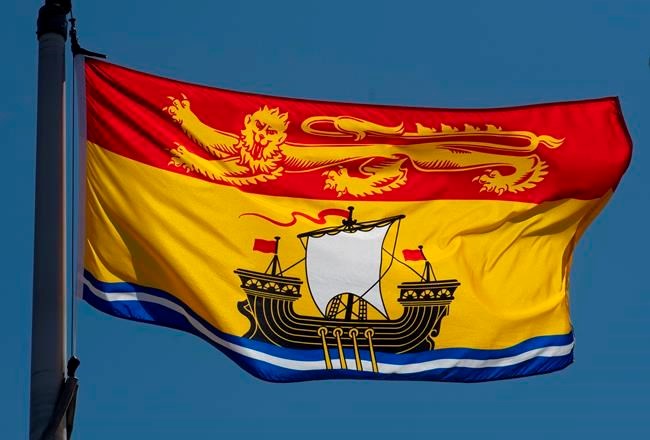As British Columbians head to the polls Oct. 24, the province can learn some lessons from the recent snap election in New Brunswick, where there was a huge surge in advance voting and mail-in ballots.
More than half of all voters in New Brunswick cast their ballots early, with 35 per cent voting during the two days of advance voting and 17 per cent through mail-in ballots, including ballots delivered to residential care homes for seniors. Typically, fewer than one per cent of voters vote through mail-in ballots.
Elections New Brunswick’s extensive media campaign encouraging people to vote in advance or through mail-in ballots seemed to work, said Kim Poffenroth, New Brunswick’s chief electoral officer.
“We were really promoting the use of advance voting and mail-in ballots and voting in our returning offices in order to spread out the voting so that there wouldn’t be that large influx of people on ordinary polling day,” she said.
The elections agency hired 20 per cent more people to deliver mail-in ballots and staff polling stations, Poffenroth said. Each station had a person cleaning ballo
t markers and voting stations and a person at the door controlling the number of voters inside and explaining the protocol.
Anyone who did not have a face covering was given a disposable mask and people followed a one-way directional system.
Anticipating the high demand for mail-in ballots, Elections New Brunswick covered the cost of the return postage for those ballots.
The additional measures will result in more than $1 million in expenses on top of the $12-million election budget, Poffenroth said.
The major difference between the two provinces, said Mount Alison University political scientist Mario Levesque, is that New Brunswick had case numbers in the single digits during its election, whereas B.C. is now seeing more than 100 new cases a day.
“You’re facing a big challenge there compared to what we had in New Brunswick,” Levesque said.
Levesque anticipates B.C. will have the same challenges as New Brunswick in attracting returning officers, as many seniors and retirees opted not to work this election because they were worried about their health.
That resulted in some less-experienced election staffers turning away some voters, particularly students, over confusion over residency requirements and voting eligibility, Levesque said.
The pandemic changed the nature of campaigning, he said, as candidates connected with voters online instead of through door-knocking.
New Brunswick Premier Blaine Higgs called a snap election in August after his minority government failed to secure a stability agreement with opposition parties. His Progressive Conservative party secured a majority government.



